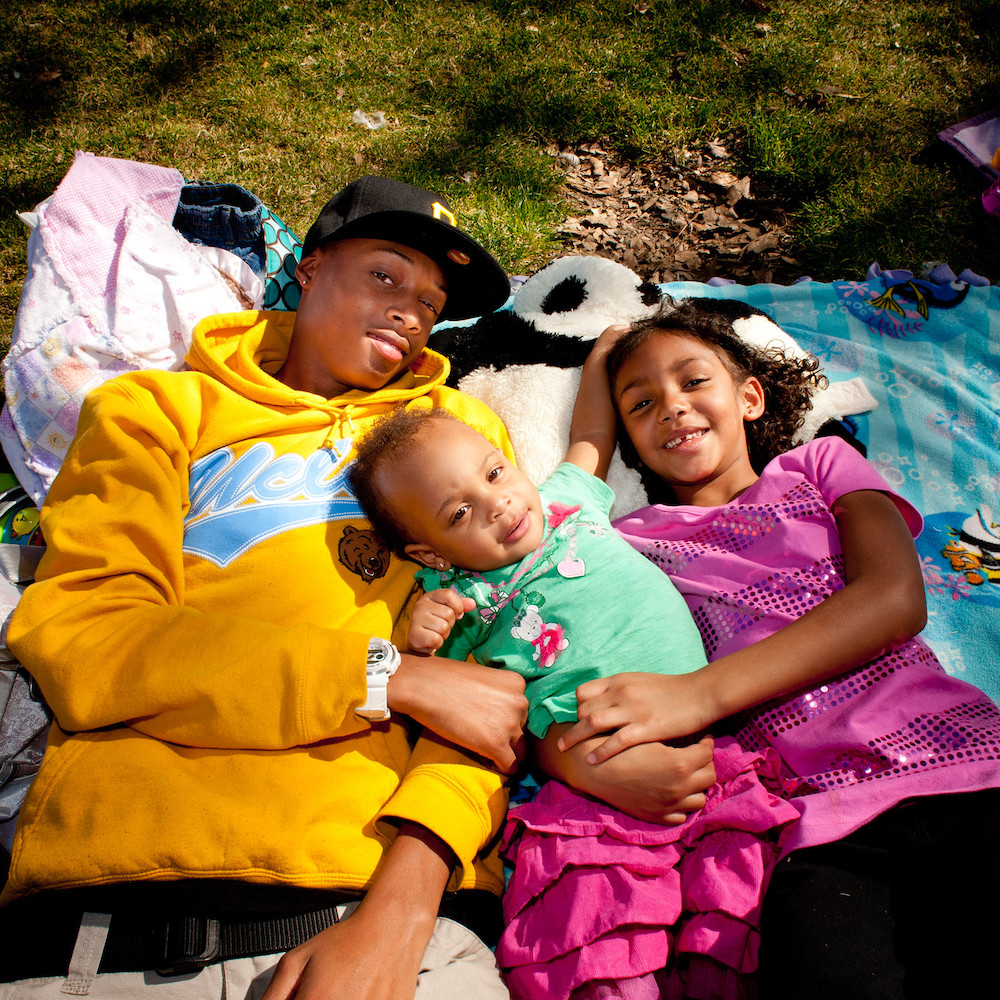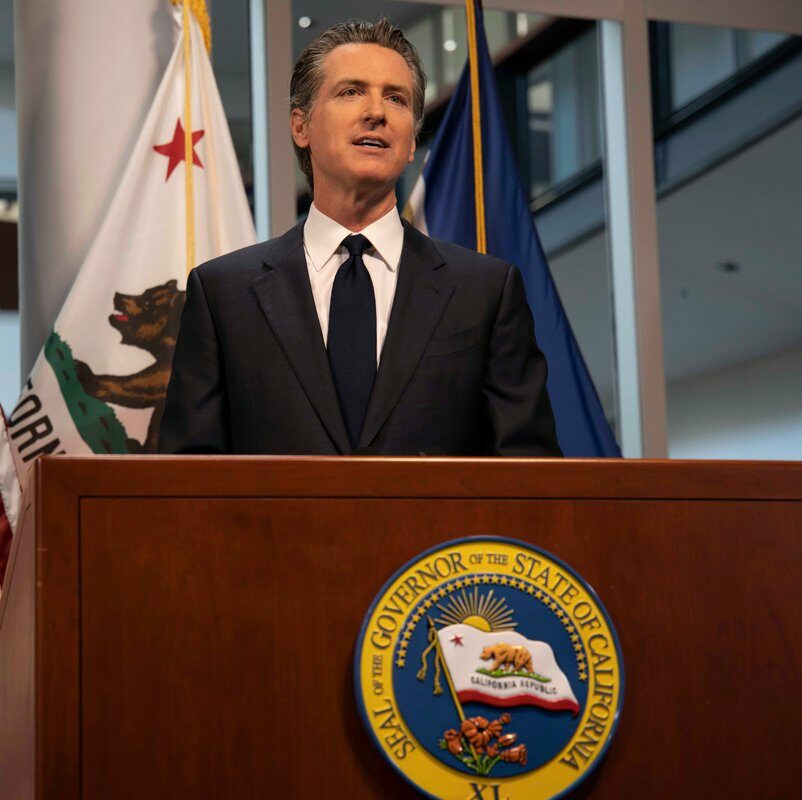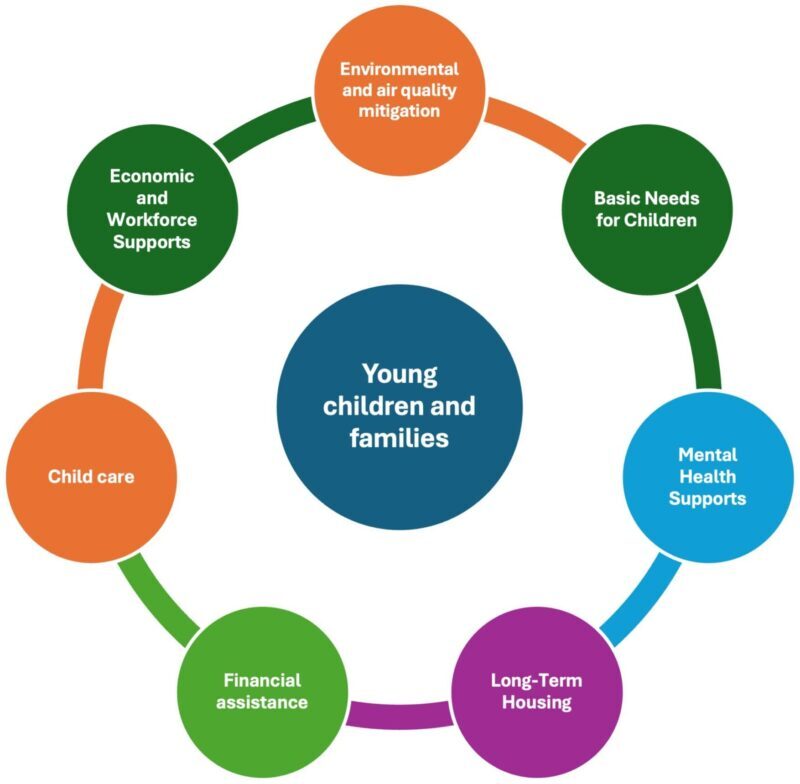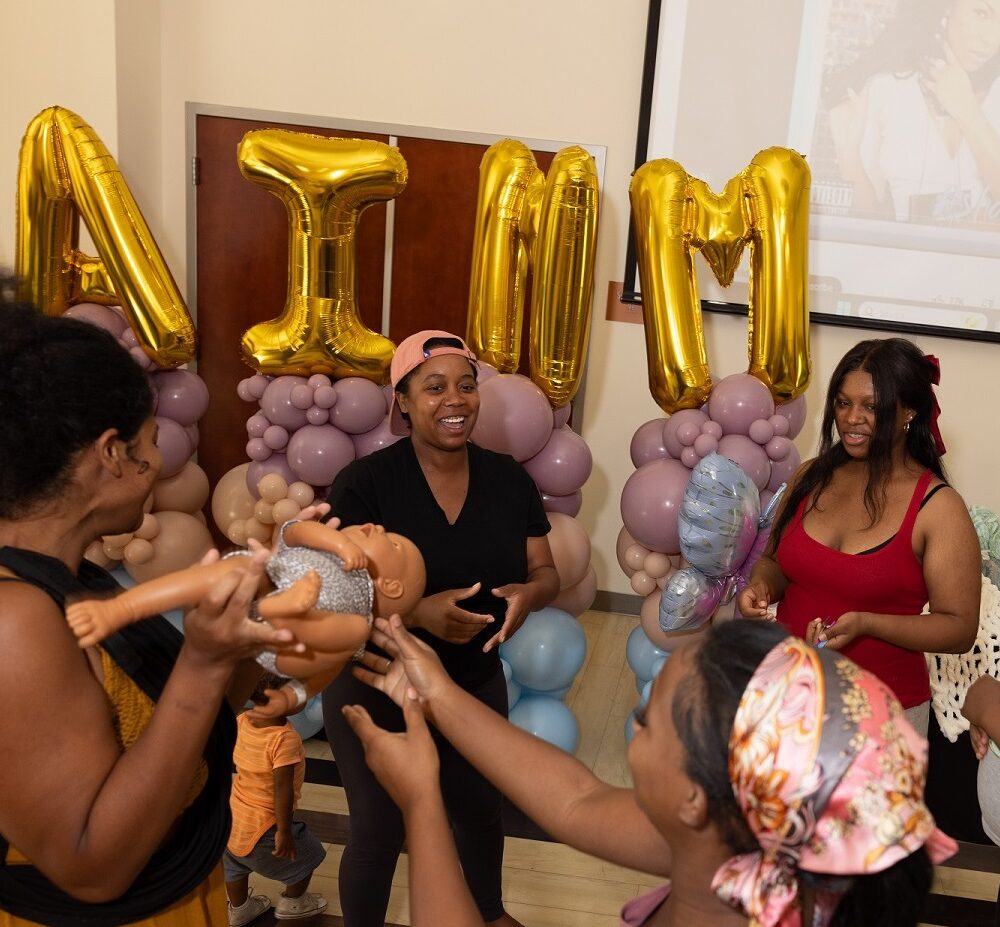May 26, 2022
Marking a new state record, Gov. Gavin Newsom’s revised budget proposal — released on May 13, 2022 — features a total spending package of $300.7 billion, representing the first-ever budget or budget proposal in the state’s history to exceed $300 billion. Continuing the trend of unprecedented state budget surpluses that have occurred since the onset of COVID-19 in 2020, the May Revise features a total surplus of $97.5 billion. An estimated $49.2 billion of this surplus is discretionary and can be spent without restriction, effectively growing the state’s reserve by $37.1 billion.
Building on his “Blueprint for California” proposal from January, Newsom again framed the May Revise as a plan for combating the ongoing crises facing California. As such, the May Revise includes $2 billion to fund the “SMARTER” plan, an approach announced by Newsom in early 2022 for managing COVID-19 in the long term. As the pandemic continues to chart an uncertain path, it still poses a significant risk for pregnant people who face more severe outcomes from the virus and for children under 5 who are not yet eligible to receive the vaccine. As part of the SMARTER plan, the May Revise includes $93 million for the state’s continuing vaccination campaign, with an emphasis on preparation for approval of shots for young children, as well as booster doses for older adults. Importantly, it also includes $40 million to help vaccinators prepare for the release and administration of shots for young children, as well as resources to increase personnel at pediatric sites — a timely investment, as the federal Food and Drug Administration says it is hopeful for approval of a COVID-19 vaccine for young children by this summer.
 In addition to the ongoing effects of COVID-19, Newsom cited inflation and fuel prices as key issues confronting California. Inflation in California is currently at its highest level since 1982. Especially concerning for families is the steep rise in shelter and food prices, making these household expenses, along with energy, among the largest drivers of broader price increases. In response, the May Revise proposes $18.1 billion in spending related to inflation relief and $2.3 billion in COVID-related funding. Newsom also wants to provide registered vehicle owners with $400 gasoline rebates. The proposed rebate program is smaller in scope and benefit level than last year’s Golden State Stimulus program, which provided a one-time $600 or $1,300 payment to most California families.
In addition to the ongoing effects of COVID-19, Newsom cited inflation and fuel prices as key issues confronting California. Inflation in California is currently at its highest level since 1982. Especially concerning for families is the steep rise in shelter and food prices, making these household expenses, along with energy, among the largest drivers of broader price increases. In response, the May Revise proposes $18.1 billion in spending related to inflation relief and $2.3 billion in COVID-related funding. Newsom also wants to provide registered vehicle owners with $400 gasoline rebates. The proposed rebate program is smaller in scope and benefit level than last year’s Golden State Stimulus program, which provided a one-time $600 or $1,300 payment to most California families.
In 2021, Newsom championed historic investments in early care and education, increasing rates for providers and creating a universal system of transitional kindergarten. While this year’s Revise budget does include one-time funding for waiving preschool family fees through next year, money for increasing child care spaces, and additional grants for minor renovation and repair of facilities in child care deserts and low-income communities, it does not address rate increases for providers or workforce development. Finally, there are a few new proposals related to child and family health in the May Revise beyond what Newsom proposed in January. However, without a long-term investment, child care accessibility and affordability will continue to be an issue in the state, as providers are unable to keep their businesses afloat, particularly in the face of rising inflation and operation costs. As such, First 5 LA and its partners at the Early Care and Education Budget Coalition are advocating for permanently increasing provider wages, waiving family fees and increasing access. The Coalition also supports robust investments to build infrastructure and provide workforce development grants.
The May Revise relies heavily on one-time spending or proposals that would receive largely temporary funding, with 99 percent of the $49 billion discretionary surplus supporting spending for just three years or less, including new or expanded programs or services, as well as the gas tax rebate. The Revise proposes just $2.4 billion of the total surplus for ongoing spending. Programs that receive one-time and time-limited funding now would need additional resources to continue and could easily be cut or eliminated if future policymakers do not prioritize them highly, creating a funding cliff in future years. Overall, First 5 LA will continue advocating for Newsom to remain committed to his “Parents Agenda” and for the Legislature to ensure crucial family-serving systems and supports receive the ongoing resources they need. Prioritizing young children cannot be on a one-time basis.
The key highlights of Newsom’s 2022-2023 Revised Budget Proposal related to First 5 LA’s priorities include:

Children have high quality early care and education experiences before kindergarten.
Newsom’s May Revise budget proposal includes:
- $157 million in one-time federal and state funding to waive fees for families utilizing state-subsidized child care and preschool services through June 30, 2023. This investment would assist approximately 40,000 low-income young children and their families in accessing early care and education resources across the state for another year..
- $373 million to implement a full year of rate increases for provider wages. This funding will continue the implementation of reimbursement rate increases while California works with partners and stakeholders across the state to develop a single reimbursement rate structure that addresses quality standards for equity and accessibility while also supporting positive learning and developmental outcomes for children..
- $270 million for 36,000 additional child care spaces. In combination with spaces funded by the 2021 Budget Act, this proposal would bring the total number of new spaces for young children to over 145,000.
- $114 million ($6 million General Fund and $108 million federal funds) to continue hold harmless policies for child care providers, providing reimbursement for authorized hours of care based on enrollment rather than by attendance. This one-time investment continues through June 30, 2023.
- $200.5 million ($100 million General Fund, $100.5 million federal funds) for the Child Care and Development Infrastructure Grant Program, allowing for only minor renovation and repair of child care facilities in areas that are early-learning deserts and low-income communities. While child care infrastructure is part of the ECE Coalition budget ask, the total funding proposed by the May Revise is far below the $300 million sought by the Coalition.
- $20 million General Fund to help alternative payment programs develop the capacity to serve additional children.
- $25 million, as part of a multi-year investment, to fund the Child Care Initiative Project through June 30, 2023. This money would specifically address those that are underserved in their early learning needs, increase child care spaces, and support providers seeking licensure.
- $4.8 million in General Fund to support the infrastructure, planning and initial design of a child care data system and information technology solution known as California Supporting Providers and Reaching Kids (CalSPARK). This proposal is part of the Brilliant Beginnings data initiative to facilitate data-driven decisions, enhance the family-provider experience, and streamline state administration of the programs.
-
- Additionally, the May Revision proposes $3.1 million in funding from the Preschool Development Grant Birth through Five (PDG B-5) renewal from 2020 to 2023 to support the Brilliant Beginnings data initiative and the single verification hub.
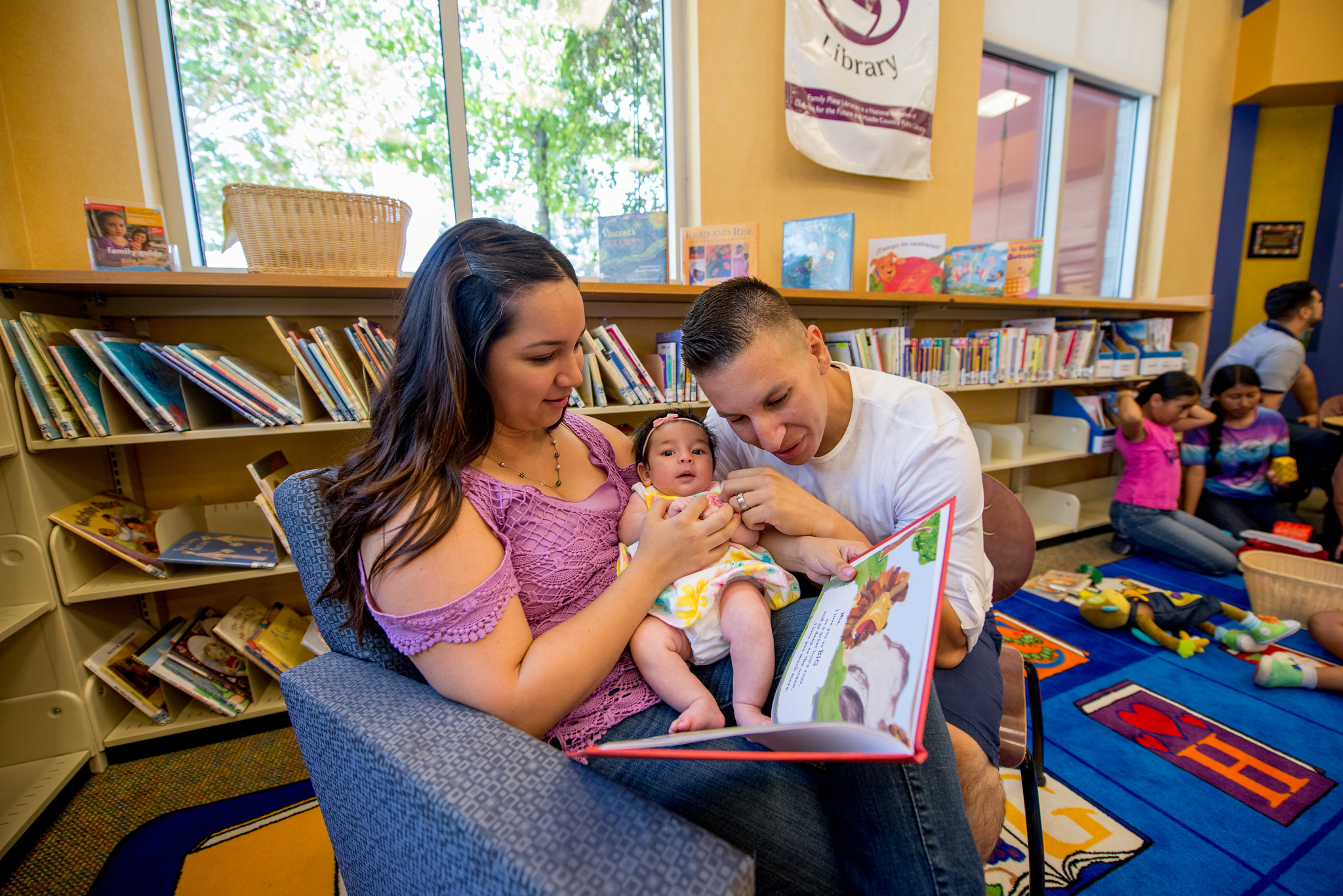
Children receive early developmental supports and services, and are safe from abuse, neglect, and other trauma.
Newsom’s May Revise budget proposal includes:
.
- $6.5 million General Fund in 2022-2023 and $29.4 million General Fund in 2024-2025 to change Early Start qualification thresholds from a 33 percent delay to a 25 percent delay in specified assessment areas. In California, the level of a child’s delay in cognitive, physical and motor (including vision and hearing) communication, social/emotional, and adaptive development determines eligibility for Early Start services at regional centers. Currently, infants under 24 months with a 33 percent delay in one of these areas of development, and toddlers over 24 months with either a 33 percent delay in multiple areas or 50 percent in one, qualify for early intervention. By lowering the delay threshold necessary to receive early intervention services, families will be able to access these supports more quickly. This, in turn, helps their child minimize or overcome a developmental delay. Finally, to expand eligibility for services, the Revise separates communication delay assessments into expressive and receptive categories and highlights the role of Fetal Alcohol Syndrome (FAS) as a risk factor for intellectual and/or developmental delay.
- $11 million one-time General Fund to increase the grants available to regional centers and community-based organizations to support strategies for reducing disparities and increasing equity in regional center services.
- $10 million in 2022-2023 to support Books for Low-Income Children, an early childhood literacy program for participants in the Women Infants and Children (WIC) program. These resources will help address barriers that prevent some WIC agencies from participating and would seek matching federal funds to increase the number of books provided to families from three per child to between four and six books per child. Furthermore, First 5 California also approved an $18 million investment over three years as a potential match to strengthen existing efforts that support early literacy in partnership with the California Department of Public Health.
- $60 million ($30 million General Fund) over four years to continue the Health Enrollment Navigator program. These navigators help families enroll in and retain health care coverage through Medi-Cal. This will be especially important as the Public Health Emergency (PHE) related to COVID-19 unwinds, and families again face the need to redetermine their eligibility for Medi-Cal.

Families optimize their child’s development
Newsom’s May Revise budget proposal includes:
.
- $10.8 million ($4.2 million General Fund) to increase the maximum reimbursement rate doulas can receive through Medi-Cal, increasing average reimbursement from $450 to $1,094 per birth. The Department of Health Care Services (DHCS) recently delayed the launch of the doula Medi-Cal benefit from July 2022 to January 2023.
- An additional $1.1 billion in 2021-2022 and $3.1 billion in 2022-2023 to support the implementation of the California Advancing and Innovating Medi-Cal (Cal AIM) effort.
- $296.23 million to increase by 11 percent the maximum level of CalWORKs cash grants families can receive. This higher level of aid would support family economic security, which is crucial for a family’s ability to thrive, especially as COVID-19 has disproportionately impacted those already at-risk. This is an increase from the January budget proposal that featured an increase of only 7.1 percent.
- An additional $300 million ($150 million General Fund) over five years, beyond the $400 million ($200 million General Fund) proposed in January, to provide Equity and Practice transformation payments. This funding would help advance equity in health, address COVID-19-related health disparities and improve quality measures in children’s health and maternity care.
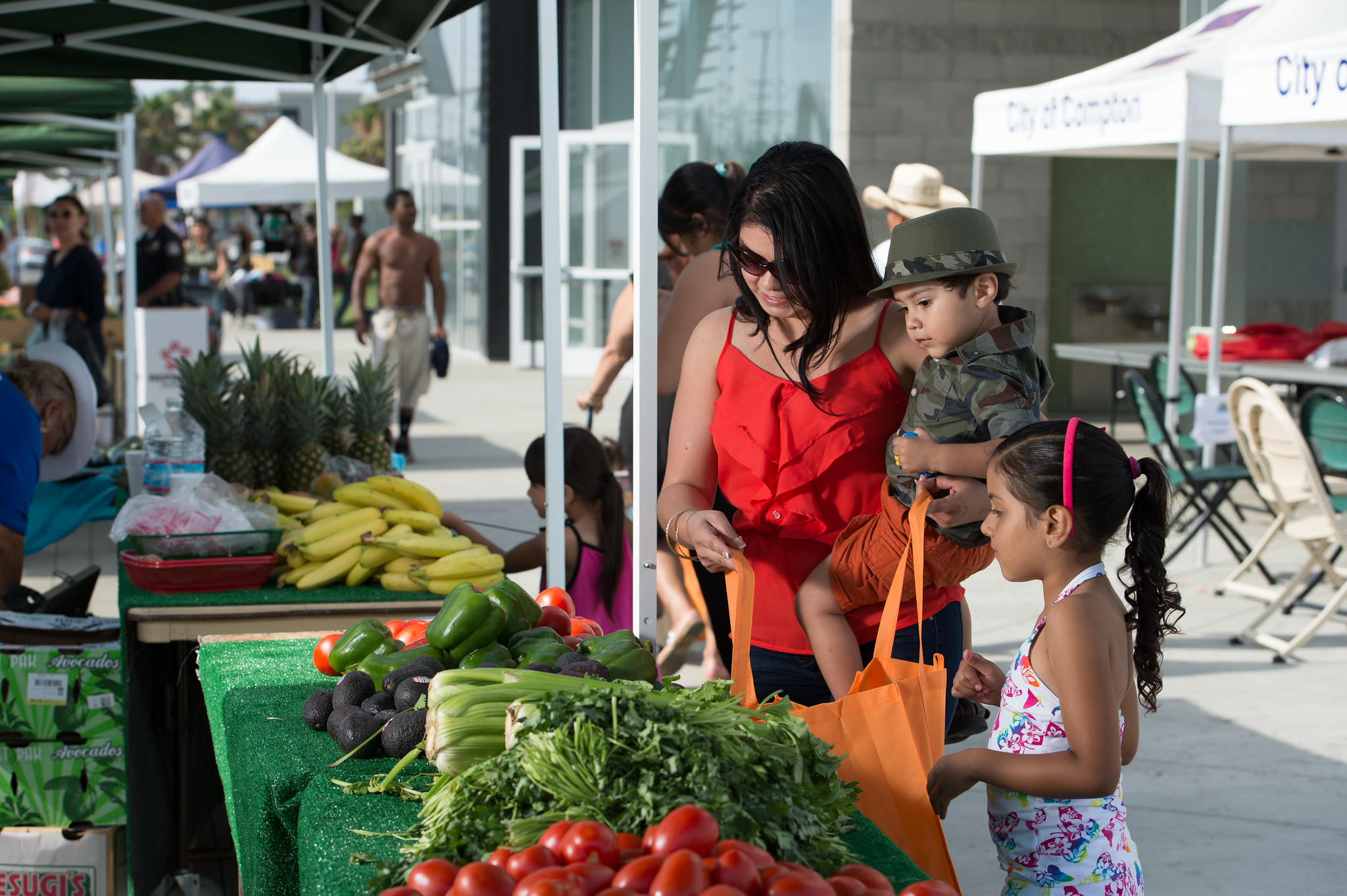
Priorities aligned with First 5 LA’s long-term systems outcomes, L.A. County regional priorities, and Best Start Community Change agendas.
Newsom’s May Revise budget proposal includes:
.
- $2.9 billion General Fund over two years to continue the state’s efforts to address homelessness, by investing in behavioral health housing and encampment cleanup grants, with an additional $2.7 billion one-time General Fund to support families in need of rental assistance through state and local programs established during the height of the pandemic.
- $595 million in ongoing Proposition 98 funds to provide universal access to school meals for all K-12 students. This amount complements the 2021 Budget Act appropriation of $54 million in ongoing Proposition 98 funding for these purposes. An additional $611.8 million ongoing Proposition 98 General Fund would support school meal infrastructure by augmenting the state meal reimbursement rate beginning in 2022-2023. School districts were at the front lines of feeding students and families during the COVID-19 crisis, including several districts within the Best Start communities.
- $1.1 billion for broadband infrastructure, as well as $600 million in one-time General Fund in 2023-2024 and $500 million in one-time General Fund in 2024-2025 to support the completion of the Broadband Middle-Mile Initiative (BMMN). BMMN is a set of open access, state-owned, high-capacity fiber lines that will connect to a last-mile broadband infrastructure that will connect homes and businesses with local networks.
- $230 million for the Office of Community Partnerships and Strategic Communications to continue supporting COVID-19 vaccine-related public education and outreach. Communities of color have been disproportionately impacted by COVID-19 yet continue to have some of the lowest vaccine rates in L.A. County. As a result, vaccine distribution must continue to be a priority.
- $175 million for the Immigrant Rapid Response program, to provide additional support for migrant arrivals at California’s southern border, and funding for other emergent issues, with an additional $2.5 million General Fund one-time in both 2022-2023 and 2023-2024 for the California Immigrant Justice Fellowship. Finally, the May Revise proposes $468 million to support COVID-19 response and humanitarian assistance at the southern border, with an additional $9 million for the California Office of Emergency to continue supporting these operations.
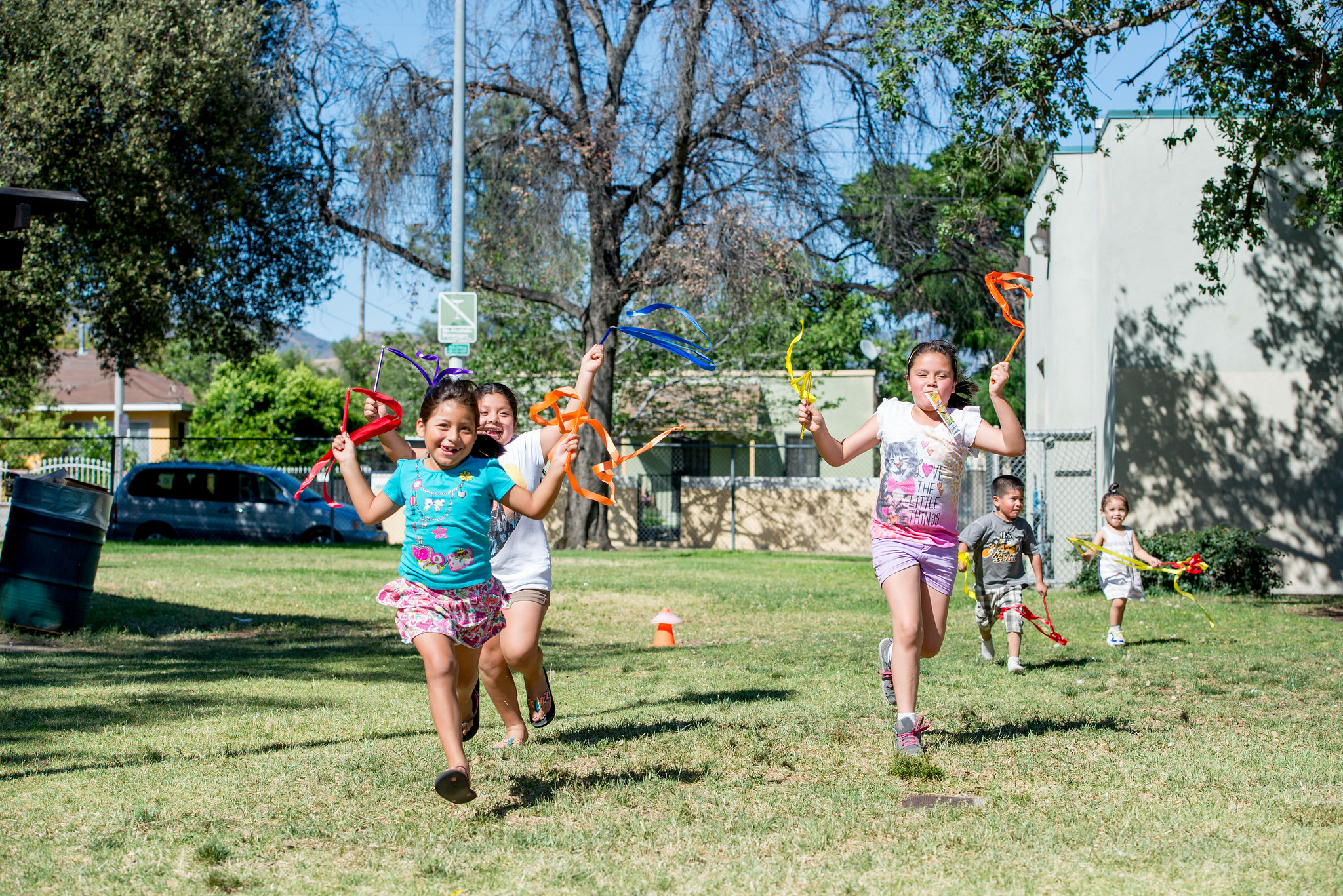
Additional Considerations:
California continues to experience record-setting revenue, though growth has recently slowed under inflationary pressures and ongoing supply chain issues. While the May Revise projects continued strong economic growth in California, the Legislative Analyst’s Office (LAO) has said a recession is likely in coming years. Spending requirements and the possibility of an economic downturn could quickly create a challenging financial situation in the state, even as it is currently bringing in historic revenues and surpluses.
Furthermore, the LAO has forecasted that California will exceed the Gann Limit in the near future. While the May Revise fell below the requirements of the Gann Limit — a 1979 law that requires the state government to return money to California taxpayers when spending exceeds a certain level — by $2.6 billion, constitutionally mandated spending limits will continue to be an important consideration and a likely constraint on future budgets. As a result, policymakers may need to cut funding from existing programs even as revenue levels grow and despite the overall budget’s ability to support them. The May Revise attempts to overcome this by focusing heavily on one-time expenditures to better maintain fiscal flexibility. However, this is likely at the cost of cutting spending in scenarios where California breaches the Gann Limit.
Budget Development Next Steps:
The May Revise is the second step in the state’s budgetary process, and it reflects updated revenue and policy forecasts that have emerged since Newsom released his initial budget proposal in January. The California Assembly and Senate, led by their respective budget committees and subcommittees, will now draft their own versions of the state budget.
Prior to the release of Newsom’s May Revise, the Senate provided a “blueprint” of its budgetary framework. While the Legislature’s ultimate proposal will likely be different, the blueprint still provides important insights into what items and funding levels lawmakers are prioritizing. The Senate budget priorities, “Putting California’s Wealth to Work for a More Equitable Economy,” include:
- Tax Rebates: Provide a supplemental one-time grant for CalWORKs families and create a grant program for low-income Californians who are not income tax filers.
- $180 million to expand capacity and improve facilities of local food banks, and $284 million to expand the California Food Assistance Program.
- $1 billion ongoing to increase child care provider reimbursement rates to the 90th percentile of the regional market rate.
- $245 million to continue family fee waivers and provider hold harmless policies.
- $445 million for childcare facilities expansion and infrastructure investments, as well as professional development and workforce support.
- Increase eligibility for low-income children and increase rate adjustment factors.
- $300 million to increase CalWORKs grant levels and ensure no child grows up in deep poverty.
- Phased-in expansion of the Young Child Tax Credit.
- $10 million to provide continuous Medi-Cal eligibility for children under the age of 5. First 5 LA is supporting AB 2402, sponsored by the First 5 Association, which provides a legislative mechanism to provide continuous eligibility for children prenatal to age 5.
- $8.4 million one-time and $4 million ongoing to provide 90 percent wage replacement for low-income workers participating in the California Paid Family Leave (PFL) program. First 5 LA is currently supporting SB 951, sponsored by First 5 California, which would legislatively phase in greater wage replacement through the PFL program.
After the Assembly and Senate finalize their own budgets, they will come together in a conference committee and reconcile these competing proposals into one single budget from the Legislature. Lawmakers and the administration will then negotiate, and Newsom must sign the agreed-upon finalized 2022-2023 state budget by June 30.
